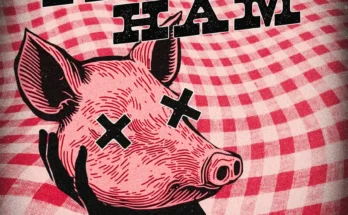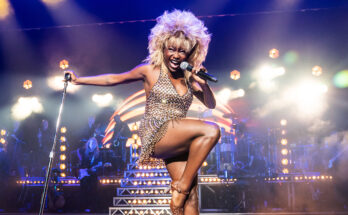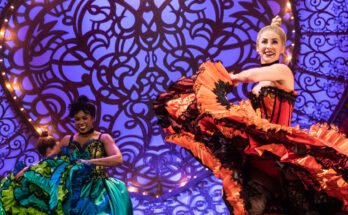As anyone who has ever done it knows all too well, raising a tween can be challenging. But being a tween can be equally difficult, if not more so. There are few directors in Atlanta better suited to tackling a production about the trials and tribulations of the middle-school crowd than Rosemary Newcott, the Alliance Theatre’s award-winning Sally G. Tomlinson artistic director of theatre for youth. She recently spoke about her inspiration for The Real Tweenagers of Atlanta, what she learned about tweens in the process of creating the show, and what she hopes audiences will take away from the production.
What were the inspirations behind the show’s concept?
Outside of the title, “The Real Housewives” reality-TV series does not inform this production. The inspiration comes from the fact that the middle-school years are eternally challenging. These young people are trying to find their own identities in a world that treats them one moment as a child and the next as an adult. Despite the challenges and amount of angst, middle-school people are also extremely funny, as the plight of “being between” can elicit some strange and surprising behavior.
What were the unique challenges of The Real Tweenagers of Atlanta?
We’ve presented in this format for two years and discovered that as long as we approach the characterizations with integrity, the audience is willing to go along with us on the journey. The conceit is that the audience is seated at a school assembly. Four student representatives have been charged to conduct the assembly – in this case leading an exploration of what it means to be a “real tweenager.” The biggest challenge of playing for a middle-school audience is that what you are presenting must honestly connect to them. So as we create the show, we need to keep a mind to what makes this group of young people tick.
I’ve read that the show was built on interviews with tweens. What was that process like, and how did you get the kids to feel comfortable talking openly about their lives?
There is a nomination form available on our website, so anyone of any age can “nominate” a real tween. A group of real tweens is selected by a panel and “honored” at the opening day of the show. [To create the show], we conduct workshops wherein the cast and [those] middle-schoolers interact by playing improvisational games, and we conduct question-and-answer sessions. Also, the education department of the Alliance Theatre has structured actual “Help Create the Real Tweenagers of Atlanta Script” classes. Here, actors and kids interact in more games, writing and song-creating exercises that inform the final product. The Alliance Institute for Educators and Teaching Artists [also] sends professional teaching artists out to the schools and works with the students and teachers to produce more material.
What were the most surprising revelations from those interactions?
Lockers are sacred “home-away-from-home environments.” Texting during school is far more prevalent than I would have imagined, and the subject of phones in school is a hot topic of debate. Tweens’ knowledge of what is happening in the newsworthy world beyond them varies widely but, when they are aware of what’s going on, their opinions are strong. And Justin Beiber is still popular!
What are the central messages you hope audiences will take away from this show?
There are a few. The definition of “real” can vary. Accepting differences can lead to mutual respect, or a better personal understanding of others. Laughing, even when stuff is painful, can be healthy, or at least temporarily ease the pain. And no matter how old we are, we are always “between” one age and another.
The Real Tweenagers of Atlanta plays the Alliance Theatre Oct. 29-Nov. 13.
::
Bret Love is the founder of ecotourism/conservation site GreenGlobalTravel.com; the national managing editor of INsite magazine; and music editor for Georgia Music Magazine. He freelances for more than a dozen other national and international publications, and performs on numerous improv teams with Jackpie at Relapse Theatre.



